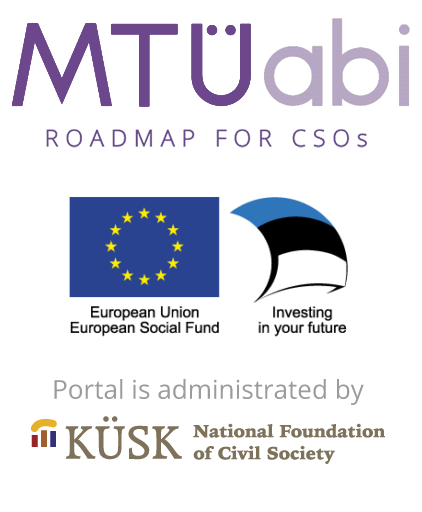The obligations of members of the management board are stablished with the Non-profit Associations Act and the General Part of the Civil Code Act. The more general of these are the obligations of due diligence and loyalty, the more specific are the management and representation of the organisation, organising accounting, and keeping track of the number of members. As members of the management board are solidarily liable for breaches of their obligations, it is necessary that all of them are equally involved and active.
The minimum requirement of the state is electronic submission of the annual report six months after the end of the year at latest (financial report and activity report are made public in the business register). For this purpose, the association must have an accountant and it must comply with the Accounting Act. To simplify the fulfilment of these obligations, the state offers affordable accounting software e-financials; additionally in Estonia, the entire accounting and documentation can be electronic only. The annual report must be signed by at least one member of the management board, so it would be good if at least one of them had an Estonian identification document and the ability to provide digital signatures.
A non-profit association in Estonia may engage in anything necessary for fulfilling the objective set forth in its articles of association, including gaining profit from the sale of products and services. However, such business income must not be the association’s purpose per se, unless it is a social enterprise acting in the form of a non-profit association or a foundation (profit is not distributed).
The income of legal persons are not taxed in Estonia, which means that the entire income is kept by the organisation. Taxes must only be paid on expenditure, such as employment costs, fringe benefit taxes, etc. Everything is declared electronically. Furthermore, all employees receiving remuneration must be registered in the e-tax portal. From there, the state collects data for health insurance, and so on.
You must register as a person liable for value added tax when your annual business income exceeds the amount of 40,000 euros. Other income, such as donations and grants, are not considered as turnover within this meaning.
Non-profit associations and foundations are subject to a few tax incentives: it is possible to apply for a special status with the Tax and Customs Board, which offers incentives for donators and also tax exemptions on several expenses (e.g. catering, entertainment, scholarships, grants, daily allowance of volunteers on assignments abroad, etc.). Associations with tax incentives must submit a few extra reports to the Tax Board, but these can be prepared by your accountant.








